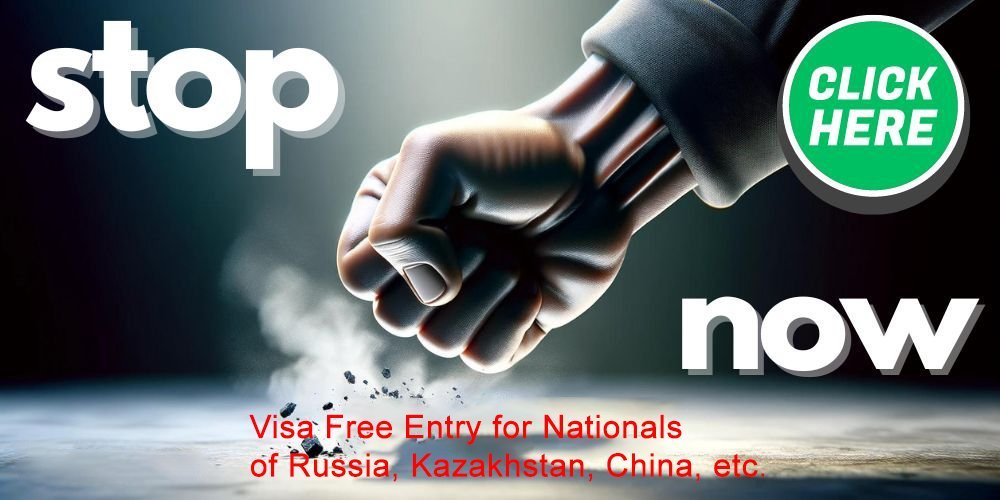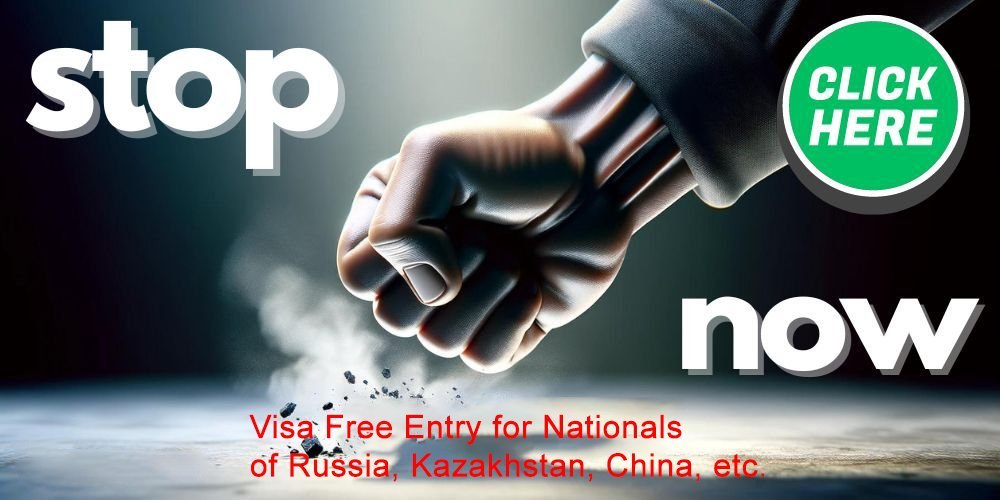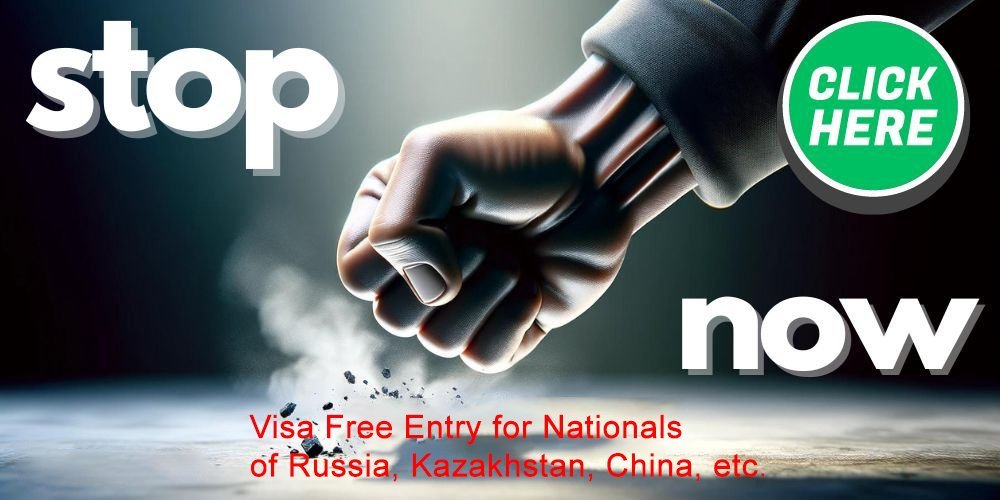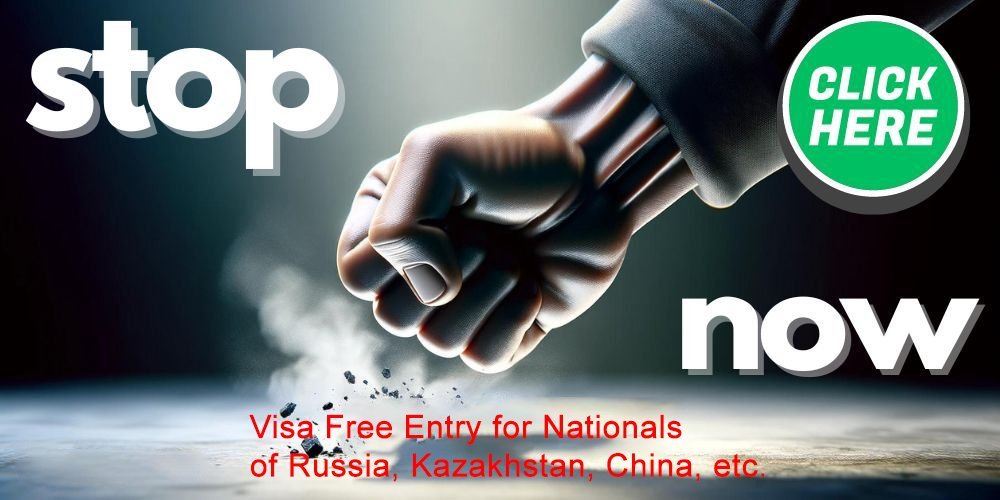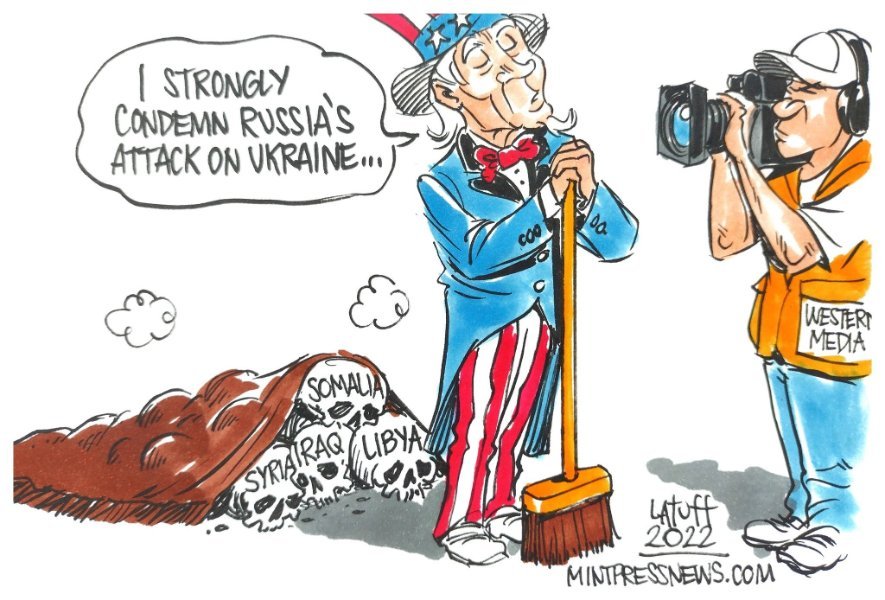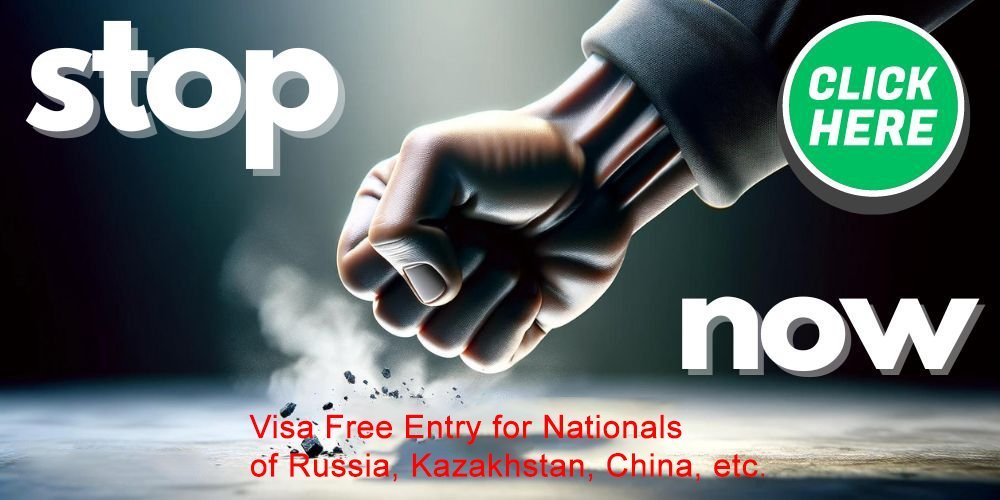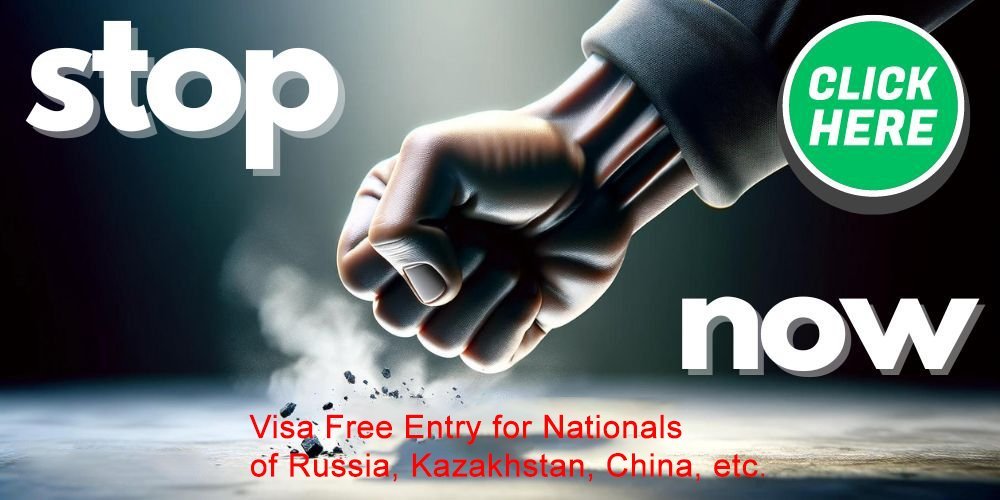
Hakuna Matata
Advanced Member-
Posts
1,164 -
Joined
-
Last visited
Content Type
Events
Forums
Downloads
Quizzes
Gallery
Blogs
Everything posted by Hakuna Matata
-
Report Cave Mystery: Russian Mum & Kids Found Living in Indian Wilderness
Hakuna Matata replied to webfact's topic in World News
This Russian woman is crazy, in my opinion. What do you think? By the way, her Israeli husband is a very rich person. -
Crime Russian Teen Nabbed in Midnight Pattaya Graffiti Plot
Hakuna Matata replied to webfact's topic in Pattaya News
-
USA Legal Uproar as Trump Expands Mandatory Immigration Detention
Hakuna Matata replied to webfact's topic in World News
Well done, Trump! Enough is enough. Deport them all ASAP. All the loopholes must be closed. 21 Million illegal migrants must be deported. -
Report Uzbek Man Arrested in Phuket for Assault and Theft
Hakuna Matata replied to snoop1130's topic in Phuket News
-
Report Trump’s Tariff Threats Leave Russia More Relieved Than Rattled
Hakuna Matata replied to webfact's topic in World News
Putin knows, the barking dog never bites! 🙂 -
How did they know they were Russians? Speaking Russian doesn't automatically make them Russian citizens or even ethnic Russians. Many Ukrainian nationals speak Russian as their first language, as well as many citizens of Kazakhstan, Uzbekistan, Belarus, Lithuania, Moldova, etc. That said, enough is enough! Stricter visa policy is required for certain countries.
-
Crime Russian Man and Two Thais Arrested in Phuket Drug Bust
Hakuna Matata replied to webfact's topic in Phuket News
-
Report Thailand Named World’s Safest Holiday Destination in 2025
Hakuna Matata replied to webfact's topic in Thailand News
Oh, what a BS! Of course, Thailand is a safer tourist destination than the Philippines or Nigeria, for instance. But it is far from being safe. What do you think? -
Economy Trump Dishes Out 36% Tariffs in Shock Move Against Thailand
Hakuna Matata replied to webfact's topic in Thailand News
OMG, United States doesn't have any VAT nor GST on imports -
Economy Trump Dishes Out 36% Tariffs in Shock Move Against Thailand
Hakuna Matata replied to webfact's topic in Thailand News
OMG, United States doesn't have any VAT nor GST on imports -
Economy Trump Dishes Out 36% Tariffs in Shock Move Against Thailand
Hakuna Matata replied to webfact's topic in Thailand News
So, Thailand can continue with its 80% tariffs on many goods imported from United States. Is that what Thailand was going to preserve? -
Updates and events in the War in Ukraine 2025
Hakuna Matata replied to cdnvic's topic in The War in Ukraine
Putin tells Trump Russia 'won't back down' in Ukraine | 9 News Australia -
Updates and events in the War in Ukraine 2025
Hakuna Matata replied to cdnvic's topic in The War in Ukraine
Russian forces reportedly advance on central Ukraine | The World | ABC NEWS -
Updates and events in the War in Ukraine 2025
Hakuna Matata replied to cdnvic's topic in The War in Ukraine
Ukraine War Update: HUGE Russian Advances Reach Key Pokrovsk Defense Line -
Updates and events in the War in Ukraine 2025
Hakuna Matata replied to cdnvic's topic in The War in Ukraine
North Korea sending up to 30k more troops to fight for Russia -
Updates and events in the War in Ukraine 2025
Hakuna Matata replied to cdnvic's topic in The War in Ukraine
The REAL Reason The Imperial West HATES Russia | Joti Brar


